Weather conditions causing uncertainty in EU feed production
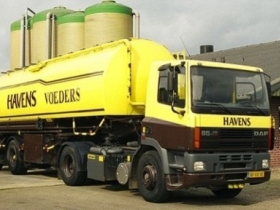
The European compound feed manufacturers (Fefac) have provided final estimates for the compound feed production for the EU-27 in 2010. Lower availability of forages and cereals due to drought affecting key EU producing areas may trigger a higher demand for industrial compound feed.
The total production estimate for the EU-27 is now set at 150 million tonnes i.e. 1.4% above the figure for 2009 but still below the record level of 2008 (153.4 mio. t).
The slight recovery was mostly linked to poultry feed, with a +3% increase vs. 2009, whereas cattle feed recovered by 1% while pig feed remained stable (-0.1%).
For the first time ever in the EU, poultry feed overtook pig feed to become the leading segment of compound feed.
Two key factors have weighed on the EU feed demand in 2010:
- A partial recovery regarding consumer’s demand for animal products after the financial crisis of 2009: meat consumption in the EU-27 increased by 1 kg per capita in 2010 vs. 2009, but is still 3.5 kg per capita below the 2008 figure;
- The dramatic market crisis affecting the pig sector, aggravated by the high feed materials costs, which led to a stalling demand for industrial pig feed, although pork output increased by 2%.
Contrasting trends
Production trends at member state level showed a highly contrasting picture: Germany, Belgium, UK and Poland saw an increase of the total feed production by 4 to 6% whereas Denmark, The Netherlands, Spain and Hungary suffered from a significant drop of industrial compound feed output by -1 to -5%.
These figures are mostly influenced by the demand for industrial pig feed. Germany recovered the position of EU leading country in terms of total compound feed production, with a narrow lead over France and Spain.
Outlook for 2011
Fefac experts identified the following key drivers for the compound feed market in 2011:
- the expected lower availability of forages and cereals as a consequence of the severe drought affecting key EU producing areas which may trigger a higher demand for industrial compound feed;
- the practical application of the expected technical solution for the presence of GM events not yet authorised in the EU in feed materials imported from third countries, e.g. soybean meal, cereals and cereals substitutes if needed;
- a prolongation of the market crisis in the pig sector, exacerbated by expected high cereals quotations, considering the present expert outlook of the global cereals market for the next campaign. This will further affect the profitability of pig farmers and probably lead again to the closing of pig farms.
As a consequence, Fefac experts foresee an increase in cattle feed production (+2%), a slight increase in poultry feed demand (+0.5%) and a further setback in pig feed production (- 1.5%). Overall, compound feed production is expected to remain stable vs. 2010.
Pork sector in danger
Fefac President Patrick Vanden Avenne stressed that “all recent expert debates within different EU fora such as the EU Council or the Enlarged Advisory Group on pork concluded to the strong relationship between profitability of the pig farming sector and feed costs, i.e. access to competitive feed.
“EU authorities must realise now that the pig farmers cannot wait until November 2011 for possible future market management measures to allow imports of competitive feed grains.
“The present exceptional market conditions clearly justify extending in particular the current temporary suspension of import duties for wheat and barley within the TRQs beyond the end of June 2011 and at least until the EU cereals harvest has been completed.
“Otherwise, many livestock farmers, especially pig holdings, will have to close down their operations since they cannot pass on higher feed costs to the consumer in the present market context”.
Join 26,000+ subscribers
Subscribe to our newsletter to stay updated about all the need-to-know content in the feed sector, three times a week. Beheer
Beheer

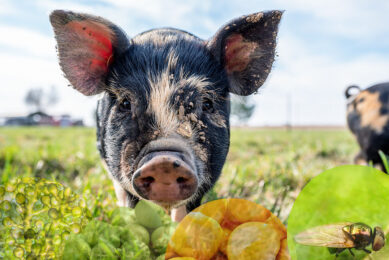
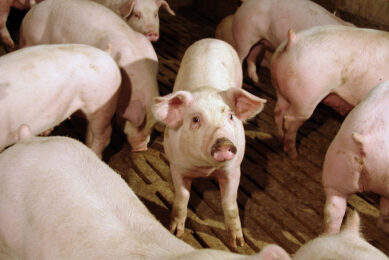
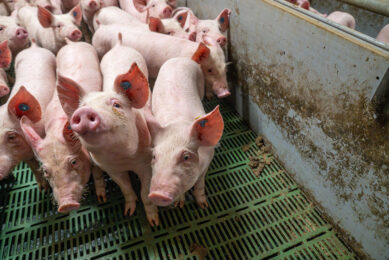
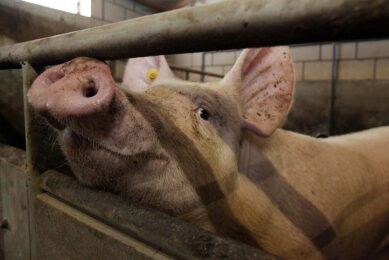




 WP Admin
WP Admin  Bewerk bericht
Bewerk bericht